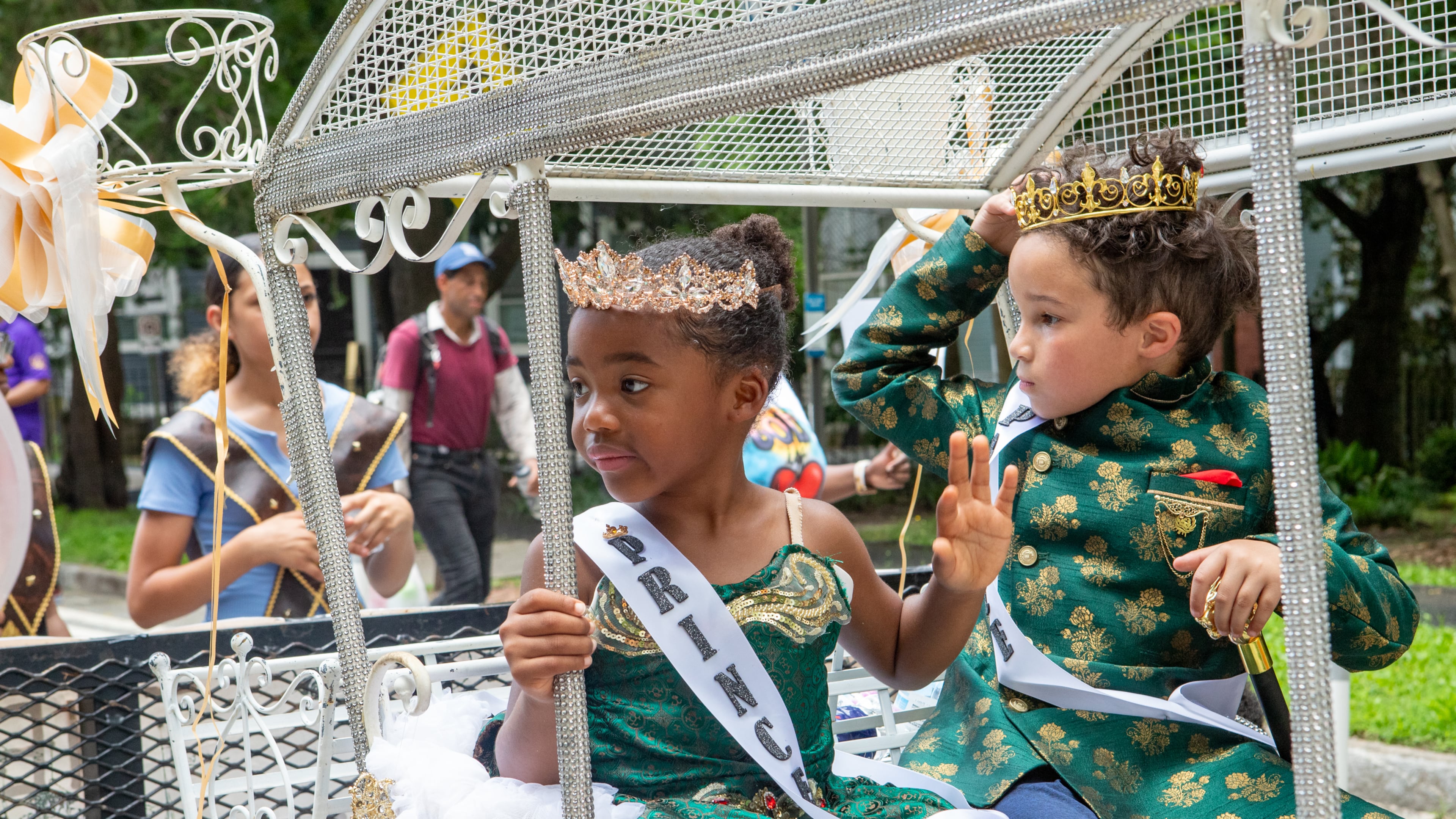Juneteenth is a reminder to preserve family history

Since Juneteenth became a federal holiday in 2021, there has been an increase in Juneteenth celebrations across the country.
In Atlanta, the annual Juneteenth Atlanta parade and music festival celebrated its 13th year in Piedmont Park with music, vendors, food and a televised parade. Chamblee hosted an inaugural Juneteenth celebration the same weekend with food trucks and live music.
The holiday marks the day on June 19, 1865, when federal troops arrived in Galveston, Texas — the Western most slaveholding state — to inform enslaved Americans that they were free. The news came about two and a half years after the Emancipation Proclamation had been issued.

Texas residents have long commemorated Juneteenth. In 1872, four formerly enslaved individuals pooled $1,000 and purchased a 10-acre site in Houston, which they named Emancipation Park. They dedicated the space to hosting the community celebrations that would later become known as Juneteenth.
After decades of decline and neglect, the park reopened on Juneteenth 2017. But in a sign of the times, today Emancipation Park has seen its support from corporate sponsors shrink.
Reporting for CBS News, former New York Times columnist Charles Blow noted that the chairperson of the park’s conservancy said words like “culture,” “heritage” and “Black History” have scared away donors.
We are in a moment where the erasure of history has become of paramount importance to the federal government.
The slipshod manner in which federal agencies have removed references to historical figures such as Harriet Tubman or the Tuskegee Airmen from their websites, only to restore them after public outcry, indicates a fast-moving train with no real objective other than to control the narrative of our country.
Juneteenth is a symbol of what happens when Americans are deprived of or cut off from information — they are denied their freedom.
Two years ago, my Juneteenth celebration consisted of driving through the South with my daughter to visit Black history museums in different states. I worried, even then, that history was being erased and I needed to visit the institutions that have held that history to document their presence — in case, one day, they ceased to exist.
But in the fight to preserve history, we can’t solely rely on museums, public education or public libraries. In these moments with our collective national history in jeopardy, we still have control over our own stories.
We have great-grandparents, grandparents and parents who can share their memories, their fears, their plans for a better life and how they executed those plans.
These moments don’t live in history books, but they are no less important in teaching us history.
Three years ago, when her father fell ill, Nicole Foster, a Baltimore-based former civil rights and health care attorney, couldn’t shake the realization that there was so much she didn’t know about his life. She was inspired to help families preserve their personal stories. Her two children wrote 10 questions each and Foster recorded the responses given by their grandparents.

At first, the conversation was stilted — it took a moment for her parents to loosen up — but as they talked and dug up memories from long ago, they became more animated.
For three to four hours, they talked, and the kids — who normally have short attention spans — sat in silence and listened, Foster said.
Her father didn’t die, but Foster knew if he had, the family would have only been left with his name and photos — important details, but details devoid of depth.
“I wanted people to hear the sound of his voice, how he laughed and how he interacted with his grandchildren,” said Foster, who also promotes the health benefits of storytelling.
“What is interesting about storytelling is you can’t just tell it into the ether. Someone is listening to you,” said Foster, who has developed the soon-to-be-released Sommos app to help guide users in storytelling while holding photos and other memories all in one place.
Foster said she is also concerned that history is being rewritten and some of it, particularly Black history, is being erased.
“If we don’t begin to keep these stories, in two generations, they will say slavery never happened. If we don’t have this collective history saved somewhere, they can say anything,” she said.
She recounted the story of an 82-year-old friend who told the story of her father being forced to leave Mississippi in the cover of night because he tried to integrate a hospital. The event, said Foster, changed the trajectory of her friend’s life, forcing her to move with her mother to California to escape retaliatory violence.
These are real stories — the ones that are held in our heads and hearts; not in history books. These are stories that can’t be altered by the victors or the despots.
Preserving our history for future generations is a form of resistance, and that is the true spirit of Juneteenth.
Read more on the Real Life blog (AJC.com/opinion/real-life-blog), find Nedra on Facebook (facebook.com/AJCRealLifeColumn) and X (@nrhoneajc) or email her at nedra.rhone@ajc.com.



